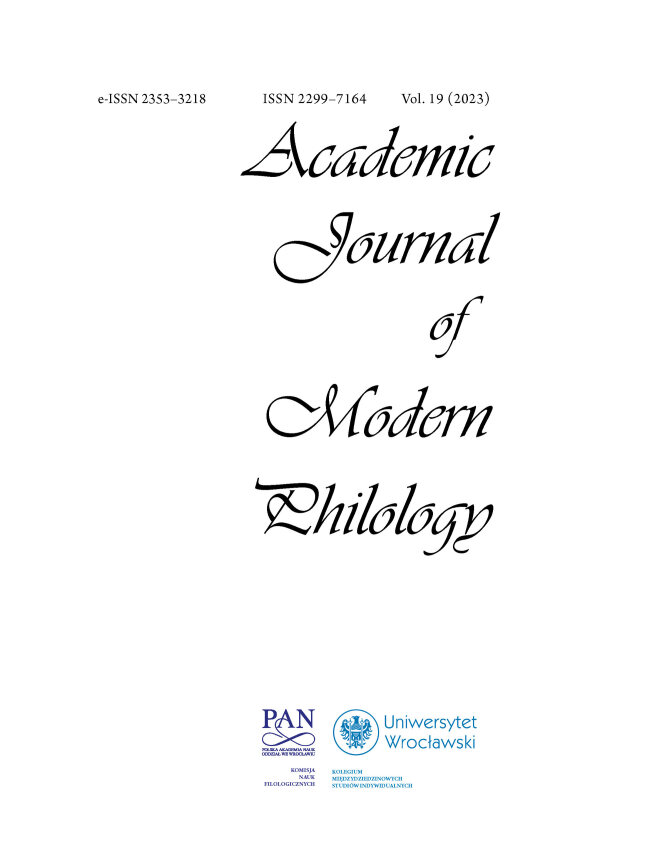On Extralinguistic Motivation in Semantic Change: Euphemisation of Taboo Areas
On Extralinguistic Motivation in Semantic Change: Euphemisation of Taboo Areas
Author(s): Grzegorz A. KleparskiSubject(s): Semantics, Psycholinguistics, Sociolinguistics, Phraseology
Published by: Komisja Nauk Filologicznych Oddziału Polskiej Akademii Nauk we Wrocławiu
Keywords: taboo; area of taboo; euphemism; pejoration; psychological causes; political correctness;
Summary/Abstract: This article is meant to be a contribution to the study of the multifaceted nature of taboo and euphemism that represent those linguistic mechanisms that are created by the working of both overt and covert social and psychological factors. And so, the process of sense derogation goes hand in hand with euphemisation, the process of using a new word to refer to an item or concept that for various reasons language users hesitate to talk about straightforwardly. Once a euphemism is accepted, the original term that has been subject to replacement tends to become even less acceptable, undergoing the process of accelerated pejoration. Above the individual level, the use of a particular lexical item may be interdicted by the rules imposed by a given society or a certain sphere within a given society. The mechanisms of taboo and euphemism affect lexical items relatable to various levels of the Great Chain of Being, starting with the supra-human layer where there is the sphere of gods that has been universally subject to taboo, but also animal world where hunting taboos must ultimately be treated as a verbal tactic to obscure the hunter’s intentions; the usage rules are motivated by the fear that the hunted animals may understand the hunters’ speech and intentions.
Journal: Academic Journal of Modern Philology
- Issue Year: 2023
- Issue No: 19
- Page Range: 149-161
- Page Count: 14
- Language: English

